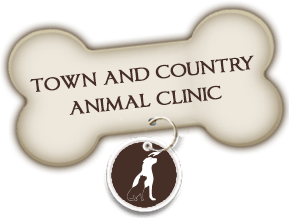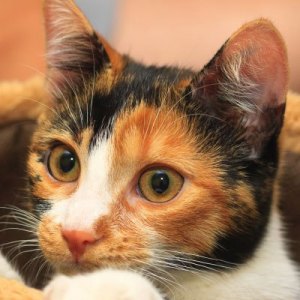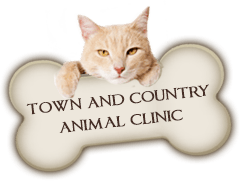As our pets become seniors, there are a lot of physical and mental changes that occur within their bodies. As these changes occur their nutritional requirements change as well. The way the body uses energy changes, along with the amount of substance needed to produce energy. The metabolism of both dogs and cats slow down so their need for fat and calories decreases. It is up to you, the owner to monitor your pet for any changes in weight and adjust the food accordingly. To help your pet live a long healthy life, the best option is to change the type and amount of food based on your pet’s aging needs.
First I would like to explain how aging affects our feline friends. Older cats have an increased risk for developing kidney disease, heart disease, diabetes, arthritis and even cancer. A cat’s immune system will also decrease as they age leaving them more susceptible to contracting infections and cause them to have prolonged time healing. There are specific diets that are designed to meet the special needs of aging cats.
There are many diets available to adapt to your cat’s individual situation. For example older cats with kidney disease are fed a high quality diet made with highly digestible protein. Or cats with heart disease require a high quality diet that is low in sodium. There are also specific antioxidants that if added to the cat’s daily diet may help with brain function. Cats with cancer conditions can benefit from the addition of omega 3-fatty acids, along with additional antioxidants in their diet. Antioxidants and omega-3 fatty acids can also boost your cat’s immunity and improve the body’s ability to heal itself. We also notice our aging pet’s have an increased prevalence of dental disease. We can help slow down this process by offering a diet with a special kibble size, shape, texture and density. Also aging cats have an increased instance of arthritis, so a diet with glucosamine and chondroitin to help support healthy joints.
Sometimes we as owners have a hard time determining at what point our cats are considered seniors and when we should be changing their diet to adjust to their changing needs. Here is a list of changes you may notice in your senior cat:
- A graying coat
- Weight changes
- Behavioral changes
- Increase in dental disease
- Decreased mobility
- More time spent sleeping
- Less time spent playing
If you have notice one or more of these changes in you r cat you are dealing with a senior feline. Studies have shown that the first underlying signs of aging begin to occur around 7 years of age. This is the best time to provide you cat with proper nutrition tailored to his/her aging needs and will allow you to help minimize the progression of certain diseases. If you cat does not have any specific disease condition that require specialized nutrition, the food we recommend for our senior cats is the Royal Canin / Medical Mature Consult (http://www.royalcanin.ca/index.php/Veterinary-Products/Feline-Nutrition/Veterinary-Care-Nutrition/Mature-Consult).
To learn more about how your canine companions nutritional requirements change as they age, check out next week’s blog.
www.TownandCountryAnimalClinic.ca







